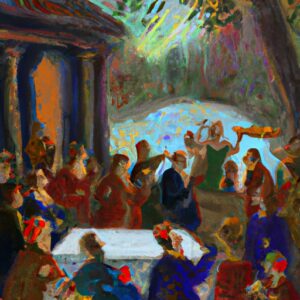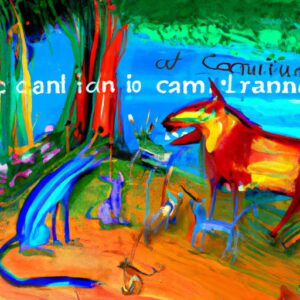Reflexive verbs: Explained
What are reflexive verbs? When the verb we are using refers back to the subject, the action “reflects itself” on it. In this case, we will use reflexive verbs, verbi riflessivi in Italian.
Some verbs behave like reflexive verbs, but technically they’re not reflexive. They’re called false reflexive verbs.
These verbs are always transitive (they take a direct object) and often have a non-reflexive version too.
- Reflexive:
Mi lavo.
I wash myself.
- Non-reflexive:
Lavo il mio cane.
I wash my dog.
In the reflexive form, the verb is preceded by a particle (mi -myself, ti – yourself, si –him/herself/themselves, ci -ourselves, vi – yourselves) that stands for the direct object, which in the case of reflexive verbs is the same as the subject.
Loro si lavano. = Loro lavano sé stessi.
They wash themselves.
Reflexive verbs: Rules
Here is a list of some things to remember when dealing with reflexive verbs:
Only transitive verbs can have both a reflexive and a non-reflexive form. In compound tenses, reflexive verbs always take the auxiliary verb essere (to be).
Mi sono lavata.
I washed myself.
Ci saremo svegliati.
We will have woken up.
The particle usually goes before the verb.
Mi vesto.
I dress myself.
Lui si lava.
He washes himself.
In the imperative and other indefinite tenses (infinite, participle, and gerund), the particle joins onto the end of the verb to create a single word.
- Imperative: lavati (wash yourself)
- Infinite: lavarsi (to wash oneself)
- Participle: lavatosi (having washed himself)
- Gerund: Lavandosi (washing him/herself-themself)
Reflexive verbs: Conjugation
Here’s the conjugation in the presente and passato prossimo of some of the most used reflexive verbs in Italian:
| Presente | |||
| Alzarsi (to get up) |
Sedersi (to sit) |
Vestirsi (to dress oneself) |
|
| io | mi alzo | mi siedo | mi vesto |
| tu | ti alzi | ti siedi | ti vesti |
| lui, lei, Lei | si alza | si siede | si veste |
| noi | ci alziamo | ci sediamo | ci vestiamo |
| voi | vi alzate | vi sedete | vi vestite |
| loro, Loro | si alzano | si siedono | si vestono |
| Passato Prossimo | |||
| Alzarsi (to get up) |
Sedersi (to sit) |
Vestirsi (to dress oneself) |
|
| io | mi sono alzato/a | mi sono seduto/a | mi sono vestito/a |
| tu | ti sei alzato/a | ti sei seduto/a | ti sei vestito/a |
| lui, lei, Lei | si è alzato/a | si è seduto/a | si è vestito/a |
| noi | ci siamo alzati/e | ci siamo seduti/e | ci siamo vestiti/e |
| voi | vi siete alzati/e | vi siete seduti/e | vi siete vestiti/e |
| loro, Loro | si sono alzati/e | si sono lavati/e | si sono vestiti/e |
Practice with Quizlet
Here's a set of flashcards and quizzes to practice this grammar topic.Reflexive verbs: Examples
To practice, read some more examples and try to find the particle that makes the verbs reflexive!
Mi sveglio presto per andare in palestra.
I wake (myself) up early to go to the gym.
Ieri Carla si è alzata alle 10.
Yesterday Carla got up at 10.
Gli atleti si cambiano negli spogliatoi.
The athletes get changed in the locker rooms.
Oggi ti sei vestito proprio male.
Today you really dressed badly.
Siediti vicino a me!
Sit down next to me!
Lavarsi le mani è importante per l’igiene personale.
Washing one’s hands is important for personal hygiene.









